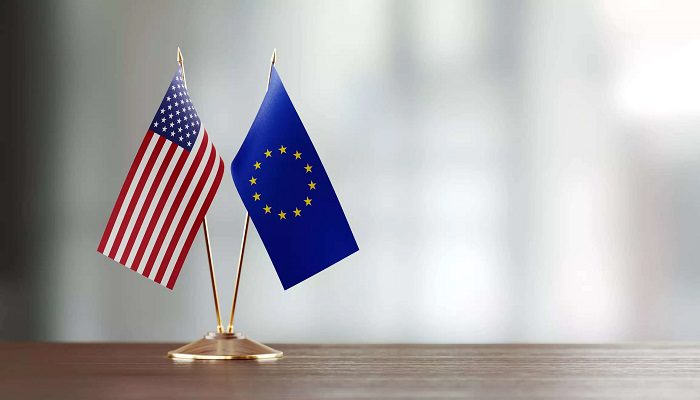The European Union as well as the US have decided to join hands so as to take on China, an economic rival, and suppress what is witnessed as non-market practises. The decision was taken in a meeting held this month.
It is well to be noted that both Brussels and Washington will go on to pledge export controls when it comes to semiconductors as well as other goods during the fourth edition of the EU-US Trade and Technology Council meeting that will be held between May 30 and 31 in Sweden. Apparently, Anthony Blinken, the US Secretary of State, and Margrethe Vestager, as well as other officials, are going to be present at the summit.
As per a draught statement confirmed by Reuters, both sides will address non-market practises and economic coercion, and the objective will be to make these talks on the efforts to halt the company’s knowledge connected to outbound investments that go on to support the strategic rivals’ technologies a regular phenomenon.
They will also go on to coordinate the export controls when it comes to sensitive products that include goods that happen to have military use as well as semiconductors. The statement outlined, by the way, only mentions China twice and could still change before the meeting begins.
According to Brussels, it does consider China a partner in some fields, while in others it is an economic competitor as well as a strategic rival. The European Union is rethinking its China policy, thereby recognising that partnership and coordination with the US are primarily important. Highlighting the Chinese medical industry, the document did suggest that the transatlantic partnership is looking into possible actions with regards to some threats posed by non-market practises and policies.
The EU also seeks to cooperate in efforts to counter external manipulation when it comes to information, which also includes China’s consistent amplification of Russia’s take on the war narrative in Ukraine. Both the sides have also gone on to say that they happen to be committed to working with G7 so as to coordinate action that counteracts economic coercion like trade restrictions, which, as per the EU, China has imposed on one of the EU members, Lithuania.






















